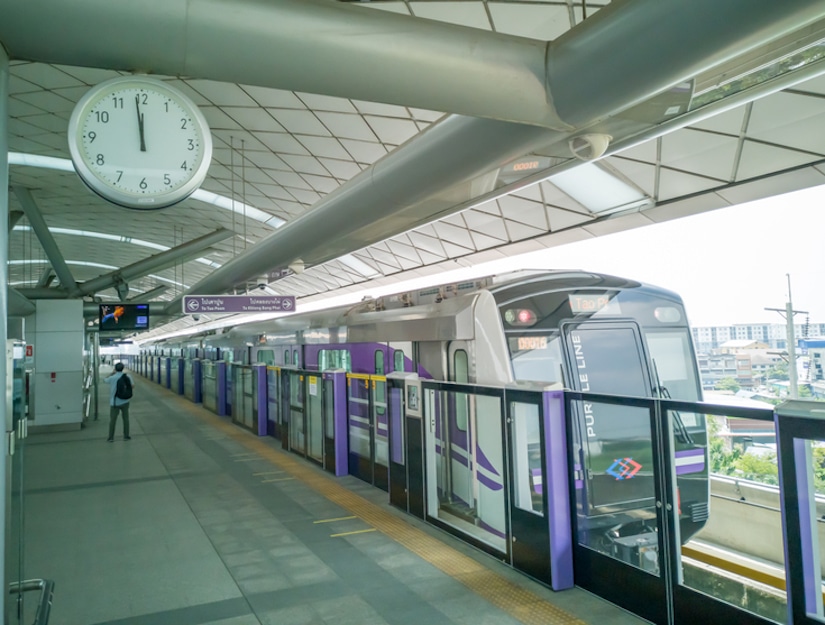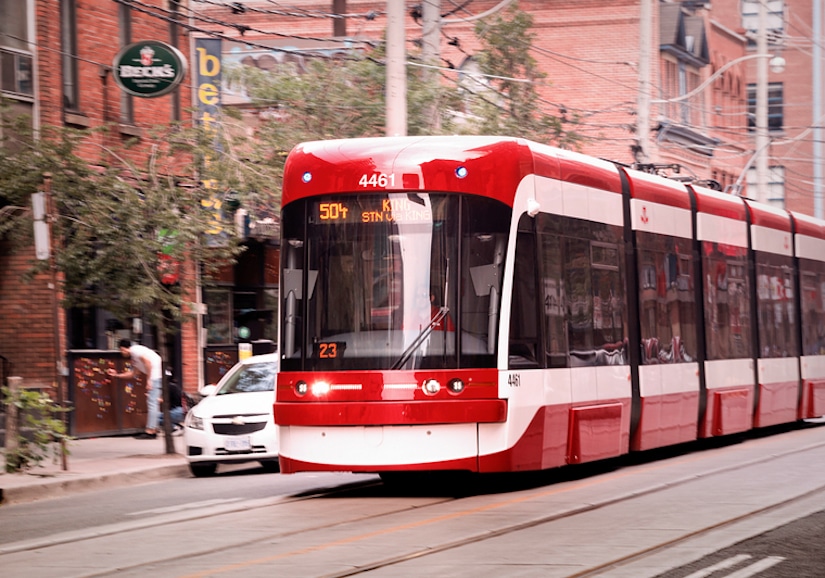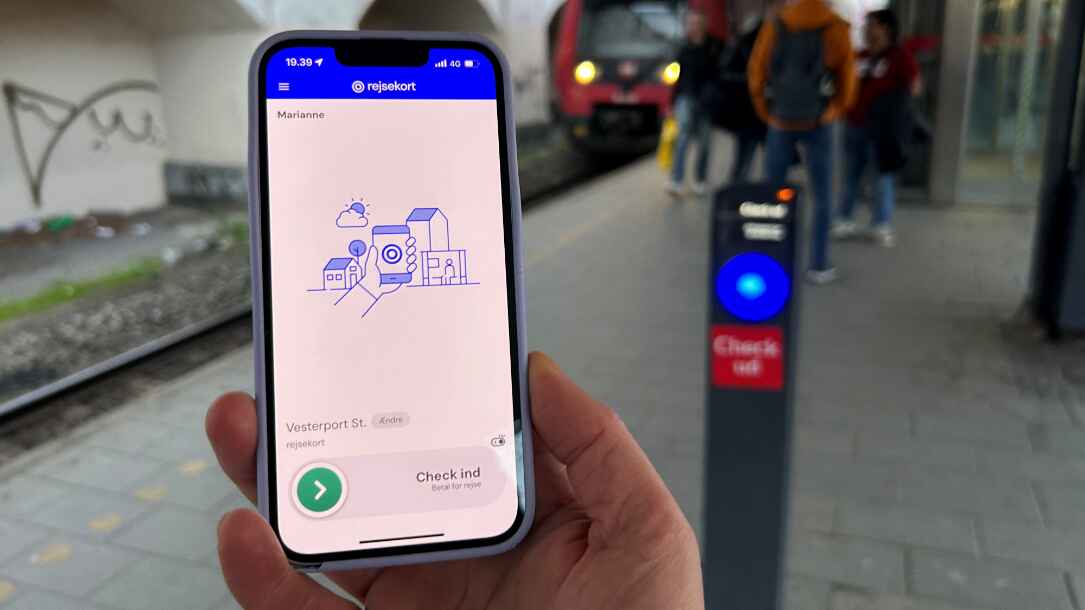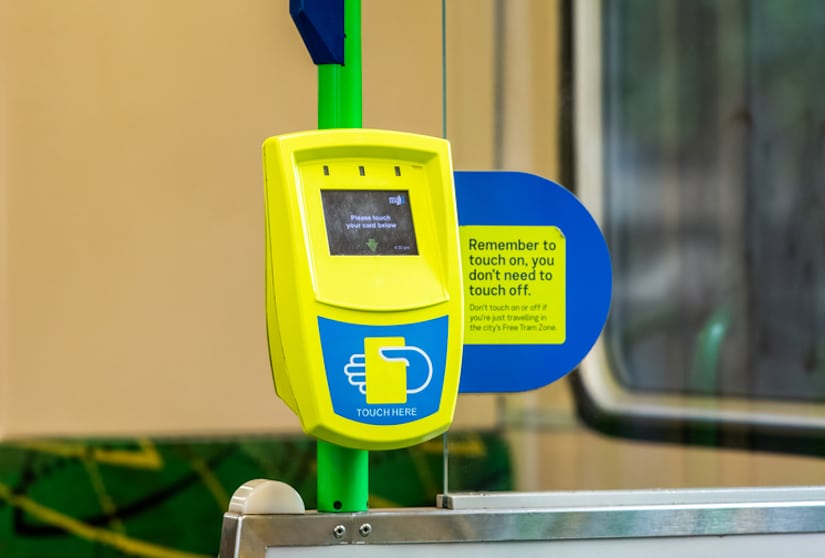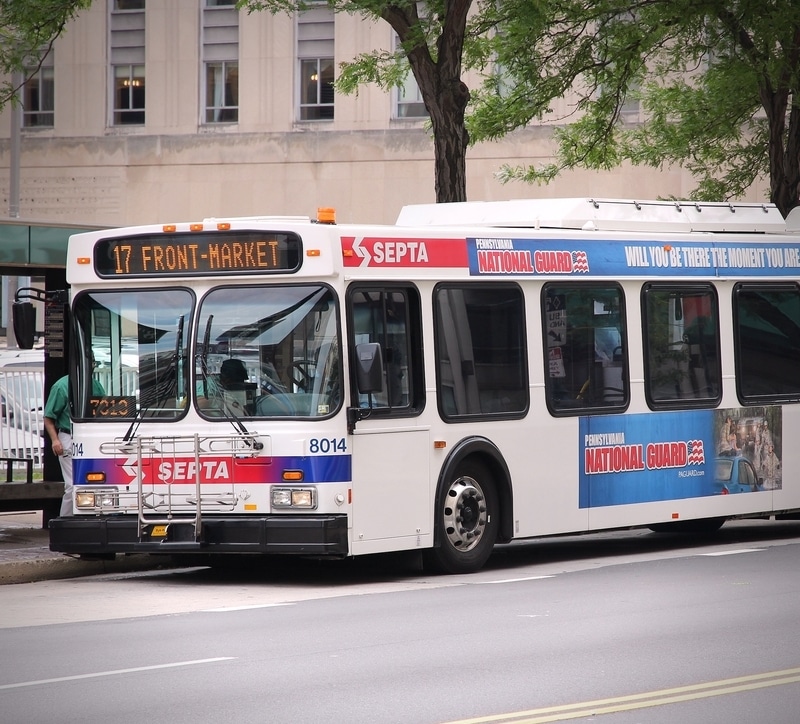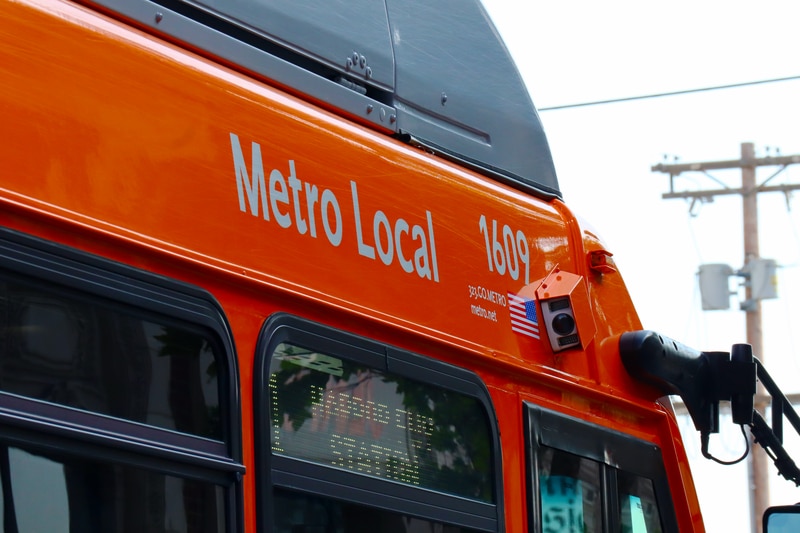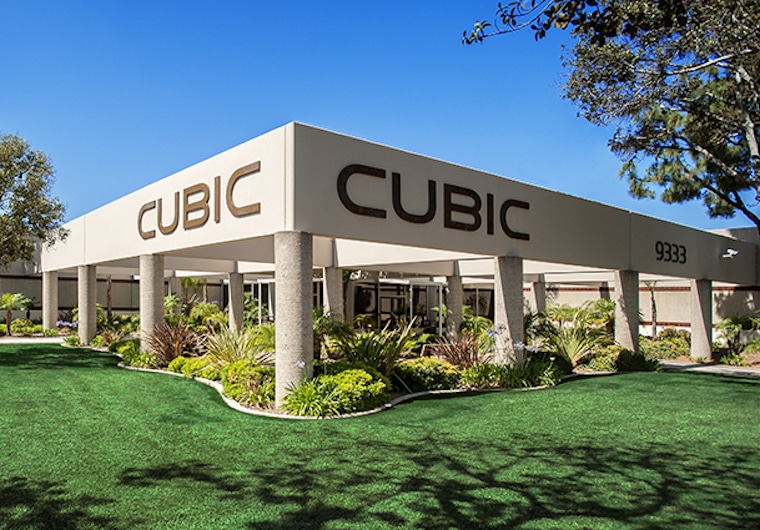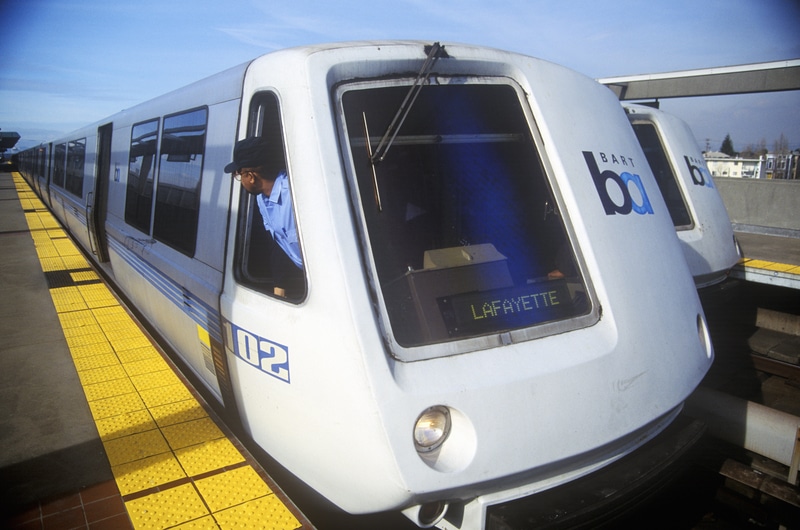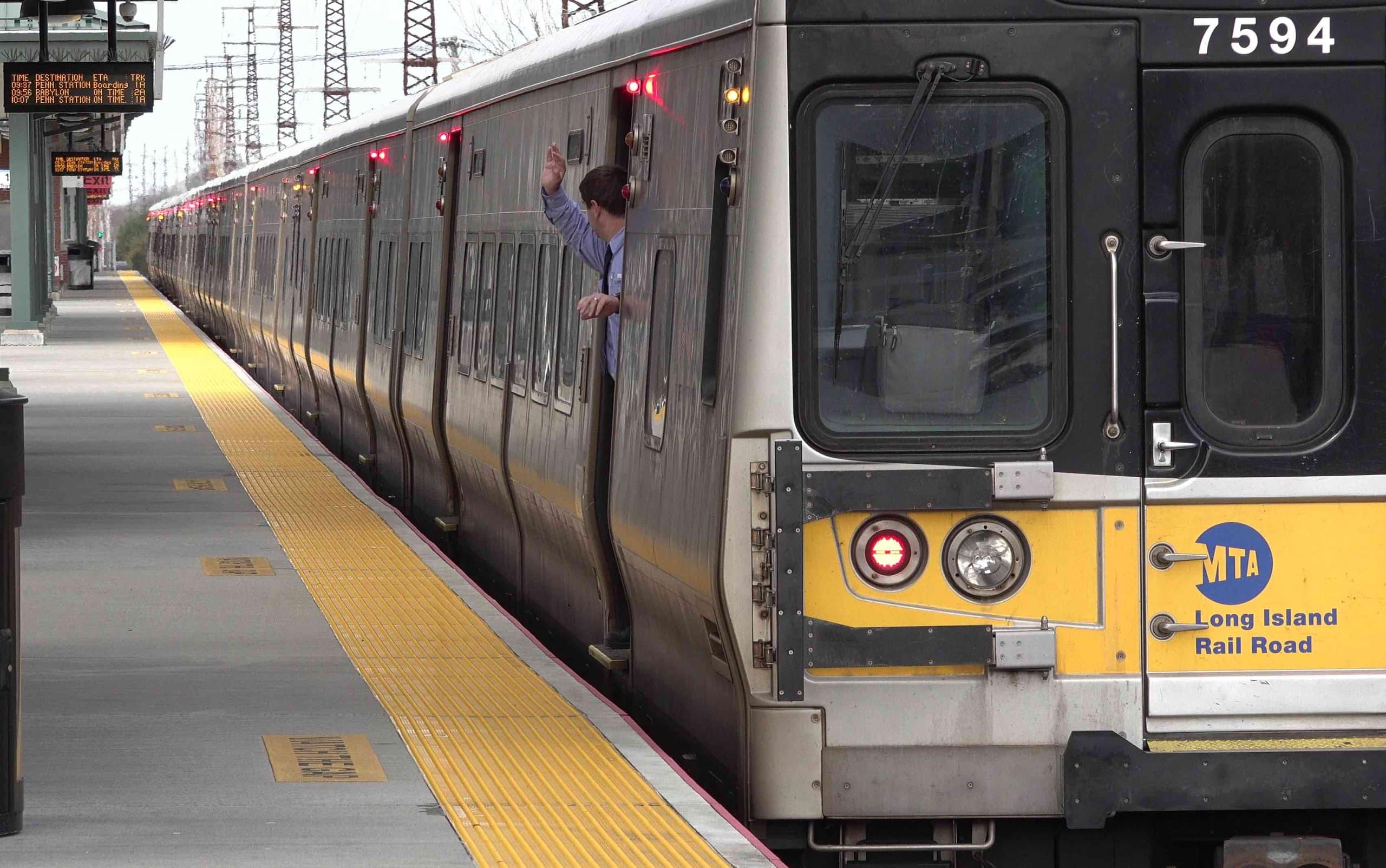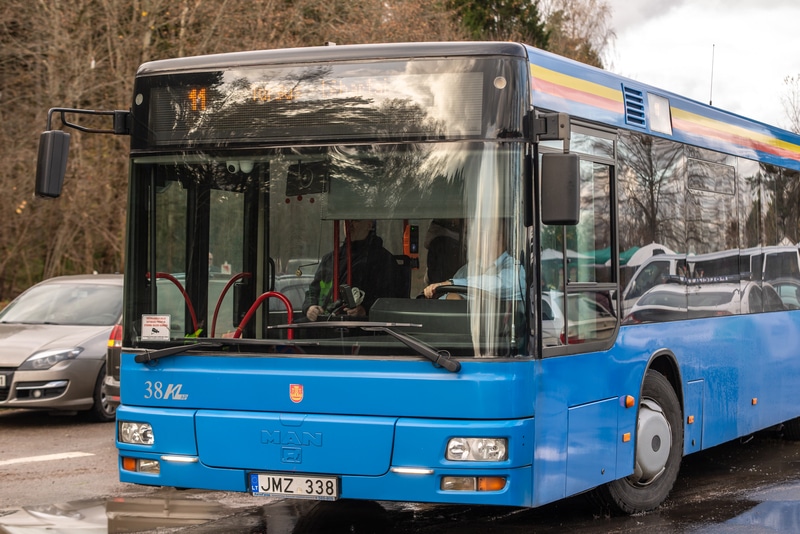
Article Highlights
In what will be the first open-loop payments service launched in Lithuania, the transit agency serving the Baltic country’s third-largest city plans to launch the contactless EMV service by July of this year. The service seeks to transfer opex and some capex costs–and project risks–to the winning vendor.
According to the tender documents, the total cost to the agency cannot exceed €1.4 million. When it reaches that amount, the contract would be terminated, even before the 60-month, or five-year, contract duration had been reached.
In what will be the first open-loop payments service launched in Lithuania, the transit agency serving the Baltic country’s third-largest city plans to launch the contactless EMV service by July of this year, Mobility Payments has learned.








